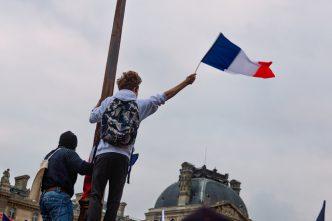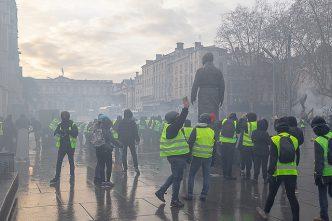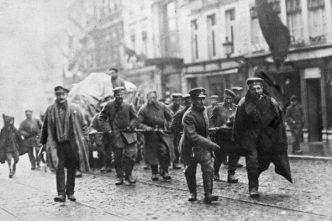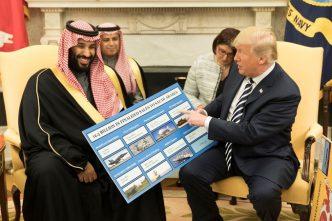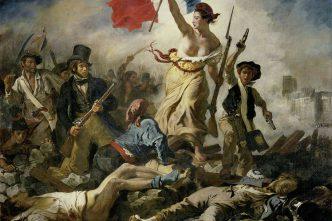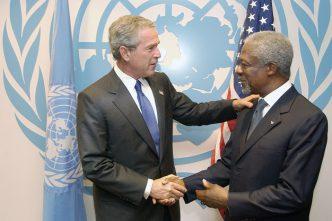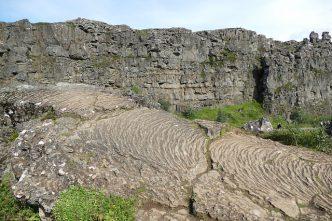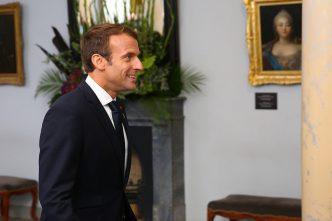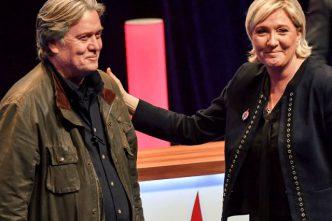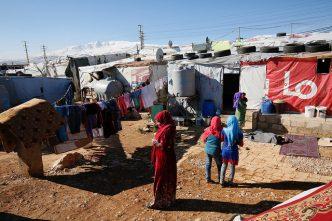French President Emmanuel Macron recently launched his platform for the upcoming European parliament elections. Official reactions to his approach—outlined in a commentary published simultaneously in every European Union country—were mostly positive, with even the Eurosceptic …
The support from Italy’s populist leaders for the ‘Yellow Vest’ protests in France is a sad first in the history of the European Union. Never before has one of the six founding countries of the …
It has been 100 years since World War I ended and the centenary was commemorated this month with great pomp in Australia, Canada, France and the United Kingdom. Germany sent high-level authorities to France to …
What should come first in international politics: values or interests? For the West, this dilemma has been thrown into sharp relief by the murder of the self-exiled Saudi journalist Jamal Khashoggi at the hands of …
Has populism won? It would be easy to conclude that it has, especially in light of what is happening in the heart of Europe. Italy, one of the earliest supporters of European integration, is now …
It was the autumn of 2001, sometime between the 9/11 terrorist attacks in the United States and US President George W. Bush’s invasion of Afghanistan. I was walking through Venice with Richard C. Holbrooke, who …
The 17th-century philosopher and satirist Jean de La Bruyère once quipped that, ‘Corneille portrays men as they should be, Racine depicts them as they are.’ For Europeans, and even more so for the French, the …
The national park of Thingvellir, 30 miles east of Reykjavik, is Iceland’s most important historical site. It is the place where the Vikings founded the first democratic parliament in 930, and where the Republic of …
For centuries, France and the United States have been friends, allies and competitors. Both have been world powers; both have been models of liberal democracy; and both achieved democratisation through revolution. In fact, France was …
In 1965, Henry Kissinger wrote a book called The troubled partnership, in which he examined the tensions affecting the transatlantic alliance during the Cold War. A stable international order, he argued, demanded the leadership of …
In his book The grand strategy of the Byzantine Empire, political scientist Edward Luttwak credits Byzantium’s longevity to the quality of its diplomacy. By relying on persuasion, alliances and containment, rather than force, Luttwak argues, …
In his classic study of Polish history, Norman Davies describes Poland in the late 18th century as ‘God’s playground’. That description could be applied to Lebanon today. Like Poland back then, Lebanon suffers from a …
